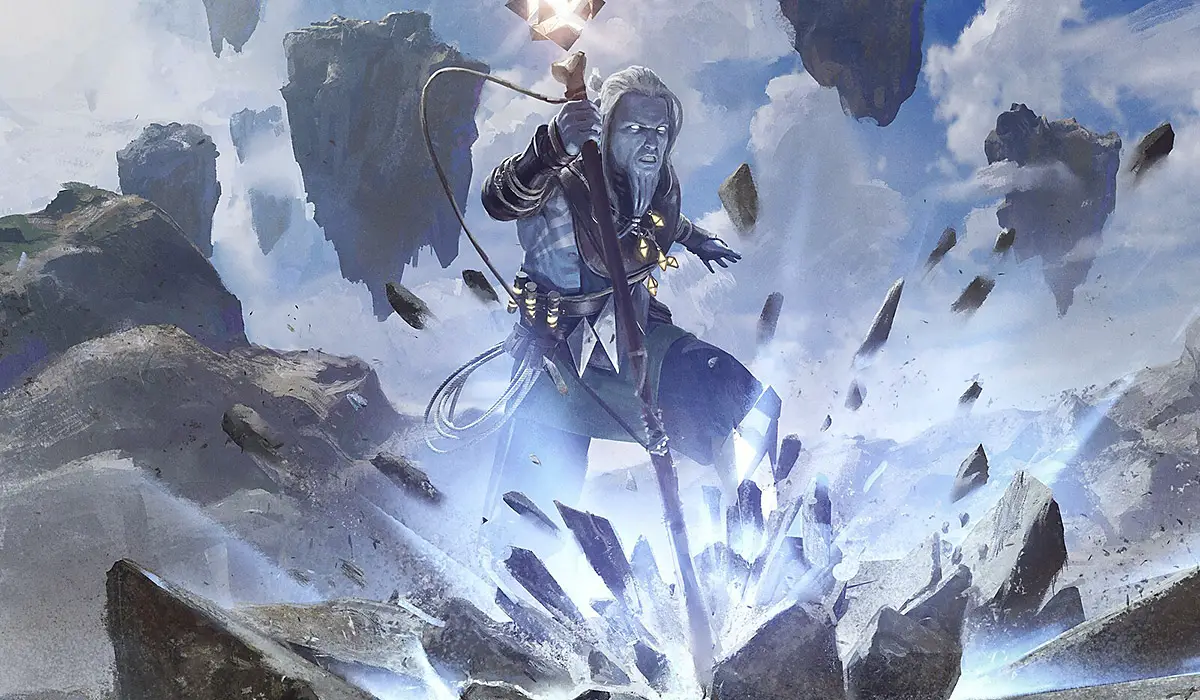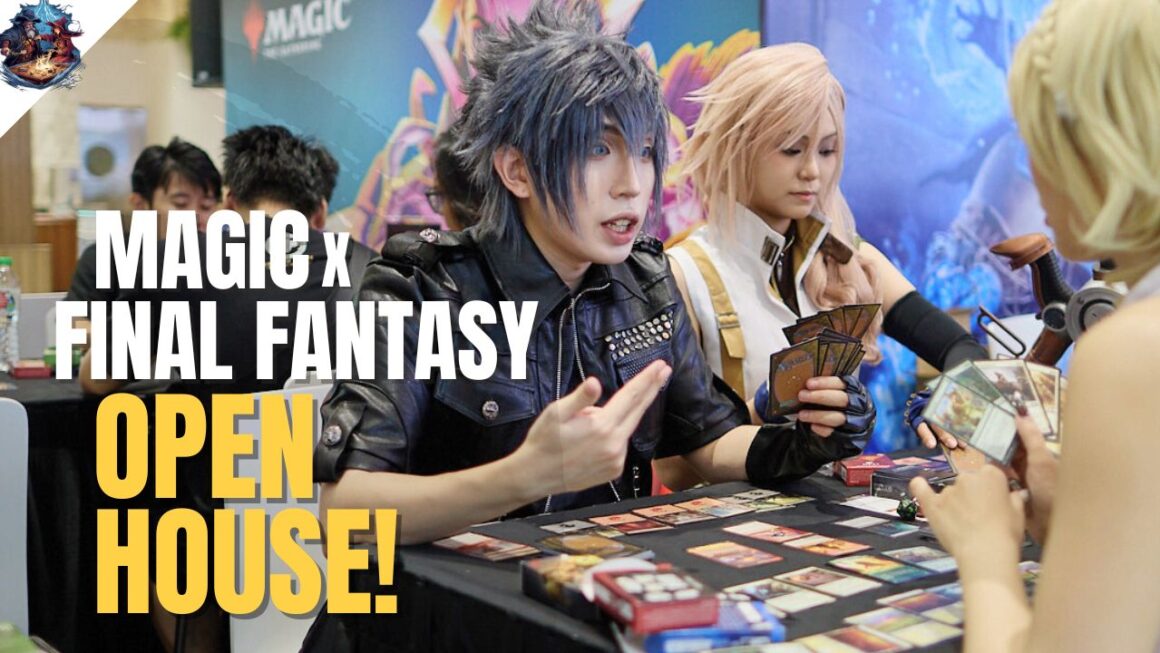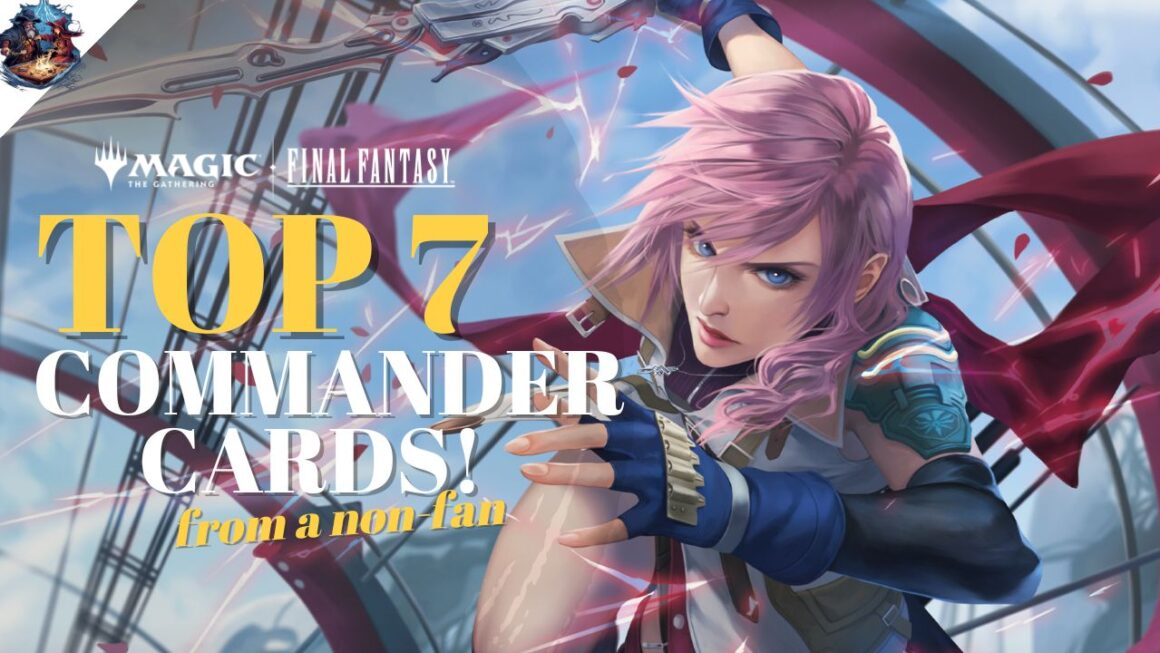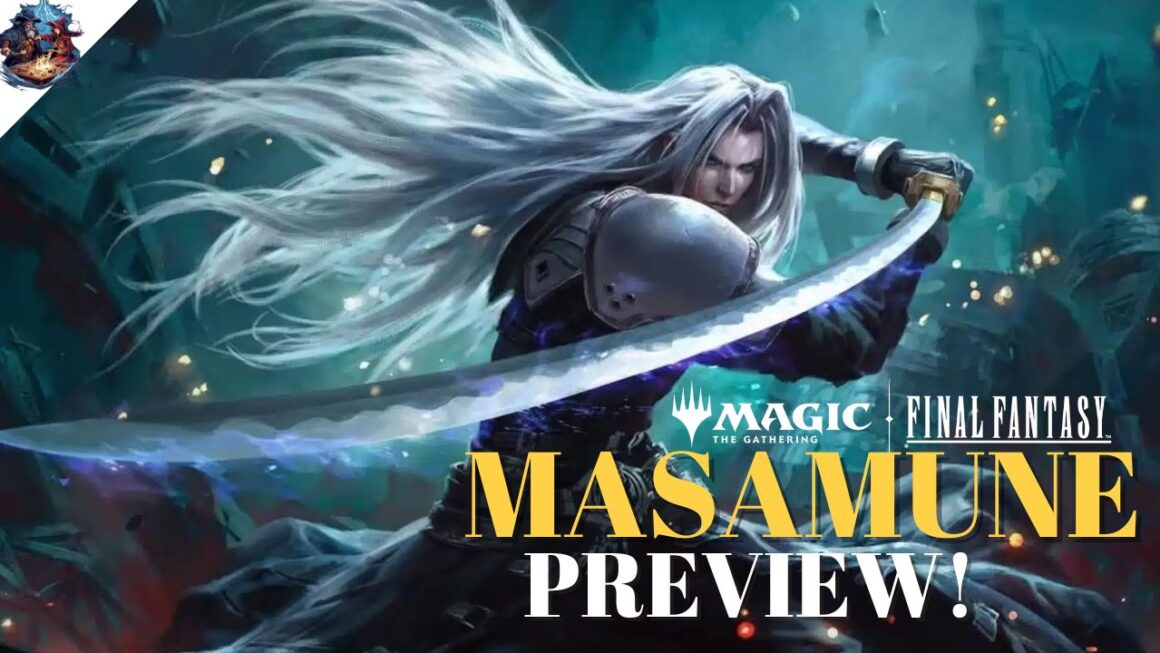You’ve heard it before from Malcolm Gladwell, it takes 10,000 hours of practice to become an expert in something. While that has some truth to it, you can quickly become a better MTG player by following some of our simple tips and guidelines. These are nuances to the game that players realise after spending months, or up to a year, playing (although probably not as much as 10,000 hours). If you want to improve yourself in Magic: the Gathering, these 6 tips are a good place to start:
Know When To Keep A Hand or Mulligan
Regardless of the format you are playing, the game always starts with your opening hand. It appears as a relatively minor detail, since both players draw 7 cards and that seems fair.

However what you draw in those seven cards could drastically decide if you win or lose that match. Forget about what the opponent’s hand might be yet, and focus on your own. An opening hand with one Land is too risky to keep, even if your deck is built on ‘weenie’ (small) Creatures. On the other extreme, six lands out of seven cards would mean you have no spells to cast, and nothing to defend against the opponent.
If the Land balance is wrong, or the first seven cards do not hold keys cards to your deck’s strategy, don’t be afraid to take a mulligan. That’s when you shuffle your hand back into your Library, redraw seven cards, and then put one card back to the Library’s bottom. You have the option to redo the mulligan as many times as you want, though most players will stop at five cards (from seven to six to five) as anything less might be too hard to catch up.
For some real examples of opening hands and a deeper insight into what you should keep or mulligan, read our advanced guide to opening hands.
Always Remember Efficiency And Value
In all games with finite resources, efficiency plays a big part on your success. In MTG, Mana is that resource. While there are combos that can generate infinite mana, you won’t find that very often especially in MTG Arena as it offers more beginner-friendly gameplay.
What makes MTG’s resource system unique is that it’s very unpredictable. Your Mana base is dependent on drawing Lands from your Library. Because of this, the ability to make efficient plays can impact your chances of winning. A better MTG player can evaluate the value gained from your current turn, and the next one as well, so as to maximise efficiency.
For example, you have three Mana available, with no more Lands in hand. The other cards you have are one 1-Mana spell, two 2-Mana spells, and a 3-Mana spell. The question now is what should you play?
There are two ways for efficiency. One is to cast a 2-Mana Spell and a 1-Mana spell. If you don’t draw a Land in your next turn, you can at least play that 3-Mana spell that wasn’t cast.
The second option is to use all your Mana to cast the 3-Mana spell in your hand. If you draw another Land in your next turn, you can then cast both 2-Mana spells together. If you don’t draw that Land, then you’ll be back in the same scenario as the first option.
Don’t Give Up So Easily: Variance And Luck Plays a Part

The variance and unpredictability of the Land system in MTG also means luck plays a part in determining the winner. No player controls luck, which means you never really know how the tide can shift.
There have been games where I’m being pounded from turn one, struggling to stay alive by sacrificing blockers and emptying my Hand. It’s always very tempting to hit the “concede” button on Arena or scoop up your cards in paper Magic. But then each top draw from the Library is a critical card, and coincidentally the opponent starts drawing Lands for five consecutive turns. Just when you thought you’d lost, the game is won.
This is one of the biggest reasons MTG is loved or hated – that a beginner has the chance to beat a World Champion because of luck. Not that it will happen often, as a better MTG player will often make better moves, and case in point, fight on till the very end.
Better MTG Players Casts Non-Critical Spells Only After Attacking
By now you should be aware that there are two Main Phases, one before and one after the Combat Phase. You have Creature cards in your hand, but should you cast them directly on your first Main Phase? If it has Haste and can attack immediately, then naturally you should play it before the Combat Phase. But in many other scenarios, a better MTG player will hold off casting non-critical spells only after the Combat Phase.

Look at this game sample from MTG Arena. It is the first Main Phase, and there is 4 Mana available to cast Basri’s Lieutenant. Should you cast Basri before Combat? What benefit does it give to the player?
Basri’s Lieutenant could give a +1/+1 counter to either Pack Leader or Igneous Cur, providing possibly 1 more Damage to the opponent. Should either die, Basri’s Lieutenant‘s ability will kick in as well and you would receive a 2/2 Token for free.
However, looking at the opponent’s board, his 1/1 Creature is not a threatening blocker to your attackers, and is unlikely to even block them. Igneous Cur‘s ability also allows you to spend 4 Mana to pump his Power +4. In Combat it is a good option to keep open, because the opponent can also see this ability and it will affect his blocking decisions. If you had spent the 4 Mana in the first Main Phase to cast the Lieutenant, then that option with Igneous Cur is gone.
Keep Mana Open For Some Interaction Bluffs
In MTG, the ability to interact on your opponent’s turn through Instants or Abilities makes the mind game ever more crucial.

Keeping your opponent second-guessing your responses can cause him or her to make mistakes, or even hesitant to cast spells. Even if you don’t actually have that Shock or Counterspell in hand, keeping some Mana open and available during the opponent’s turn can serve as a deterrent. At the very least it’ll make your opponent sweat a little more!
However, the way online gameplay is sequenced in MTG Arena, you might realise it’s hard to bluff your opponent as the game doesn’t pause for you when there’s nothing to cast. You can get around this by activating full control (hitting the Control button) that will force the game to pause and check for your response/action in between Phases or when a spell is cast.
Of course, this idea only works if you have cards in hand. After all, the opponent knows when you are out of cards and thus have nothing to actually cast. That’s where we go to our last and final tip on becoming a better MTG player:
Don’t Rush To Play Out All Your Cards
In the rush to win the game, you’ll get this urge to play as many spells or cards as you can, assuming you have the Mana available. A better MTG player would not do this. Emptying your Hand isn’t usually the best move for a couple of reasons:
Firstly, keeping Mana open and holding on to Instants allows you to bluff (see previous section) or interact on the opponent’s turn. The main exception to this is when the opponent’s Lands are all tapped and you want to ensure that your Instant spell gets to resolve with no chance of being countered.
Secondly, flooding your board leaves you open to a catastrophic “board wipe” that can cause you to lose the game. Imagine you have three Creatures in play. The opponent has none and you are applying pressure through attacks. You have two more Creatures in hand – should you play them?
In most situations, the smarter move is not to play them, simply because you are already in a winning position if the opponent does nothing to counter your Creatures’ attacks. Yes, it would be bad to lose three Creatures to one Shatter the Sky, but worse if it was five Creatures. Even after losing your three Creatures, you can cast the last two and continue applying pressure.
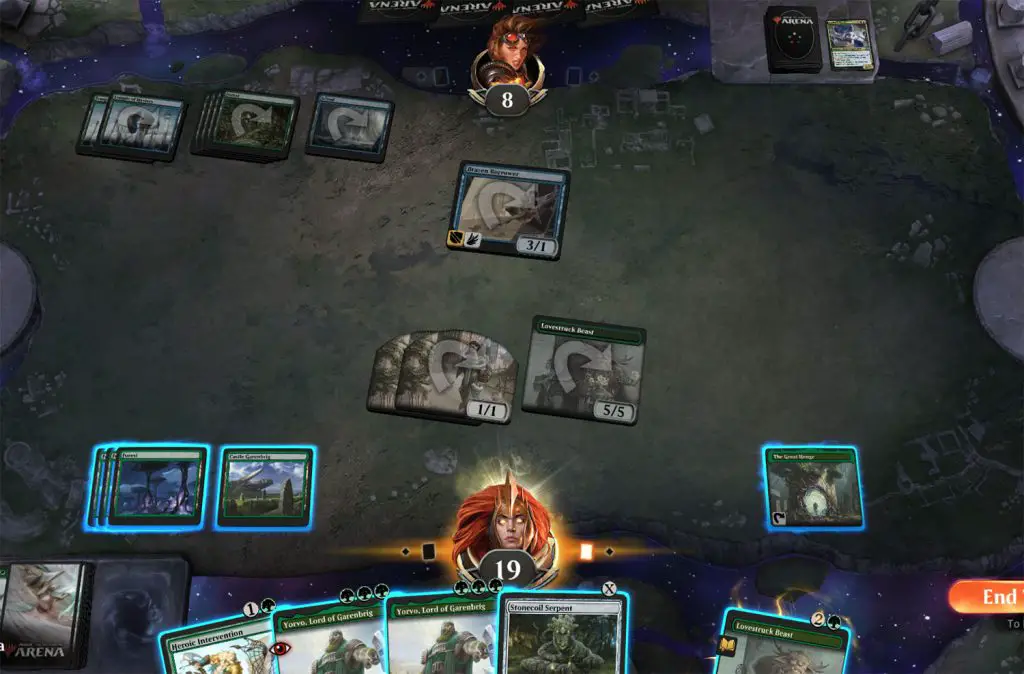
Let’s analyse a real game I played recently. The opponent’s Lands are all tapped, I’m in a winning position and I have enough Mana to cast both Yorvo, Lord of Garenbrig and Lovestruck Beast. That would give me a massive board, that one might say is overkill.
However what’s scarier is that the opponent can play a game-changing spell on his or her next turn that can destroy all my Creatures. The opponent is playing Blue-Green which does not have access to White’s Shatter the Sky, but it does often play Ugin, the Spirit Dragon. The opponent is only one Land short of casting Ugin, and it can Exile all my Creatures, even making my Heroic Intervention obsolete.
So rather than play anymore Green Creatures, I should play just the Stonecoil Serpent. As it is a Colourless Creature, it is unaffected by Ugin, the Spirit Dragon‘s -X ability, giving me an additional insurance to close out the game. True enough, the opponent conceded in his next turn.
End Step
While all this theory is great to become a better MTG player, like many other endeavours in life, a key component is practice. Walk the talk – there’s nothing much else that comes close.
Once you’ve got some experience under your belt, check out some of our other advanced strategy articles that will up your game even more:
- Acing Wilds of Eldraine Limited (Sealed/Draft) Play: Ranking the Best Bargain, Roles and Adventure Cards
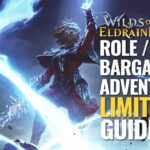
- The Philosophy of Fire: Key Strategies to Play Mono Red in MTG
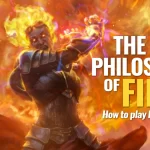
- How to Use Cantrips to Reduce Lands in Your MTG Deck (Xerox Theory)
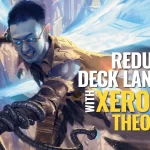
- The Most Frightening Stax Combos That Wreck Opponents in Magic: the Gathering

- Patience! That’s How You Play Tempo in Magic: the Gathering


